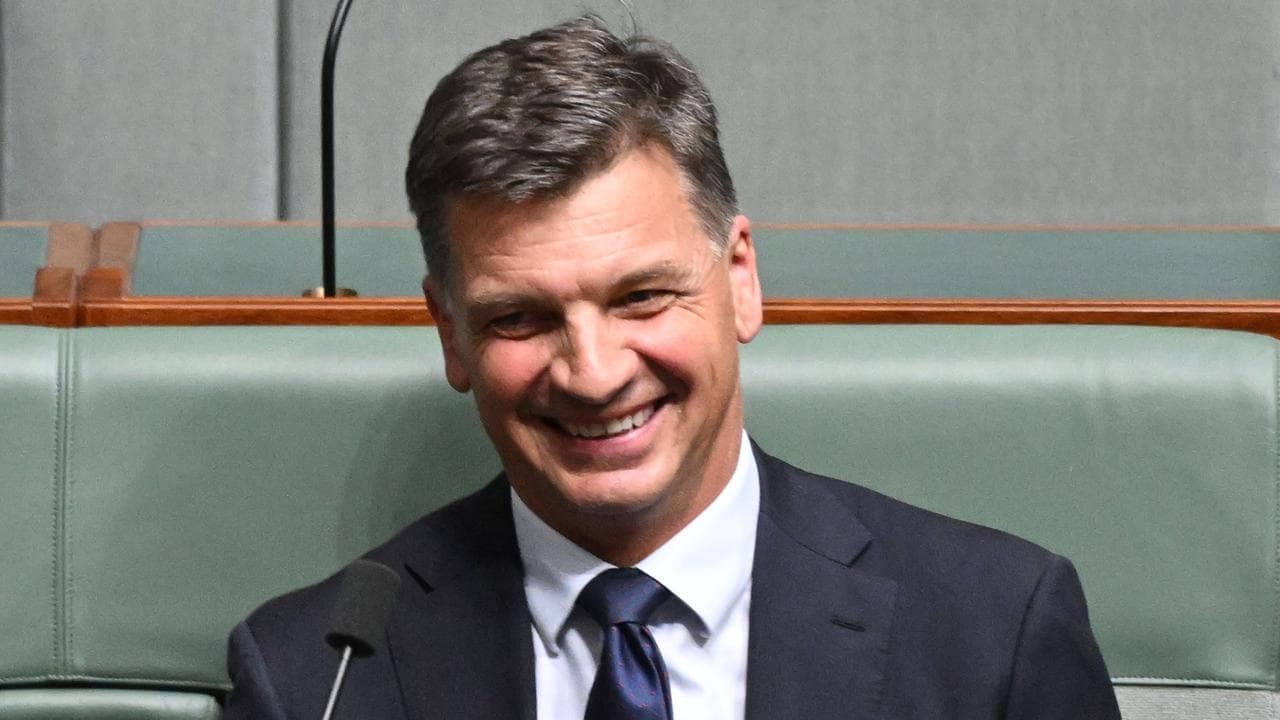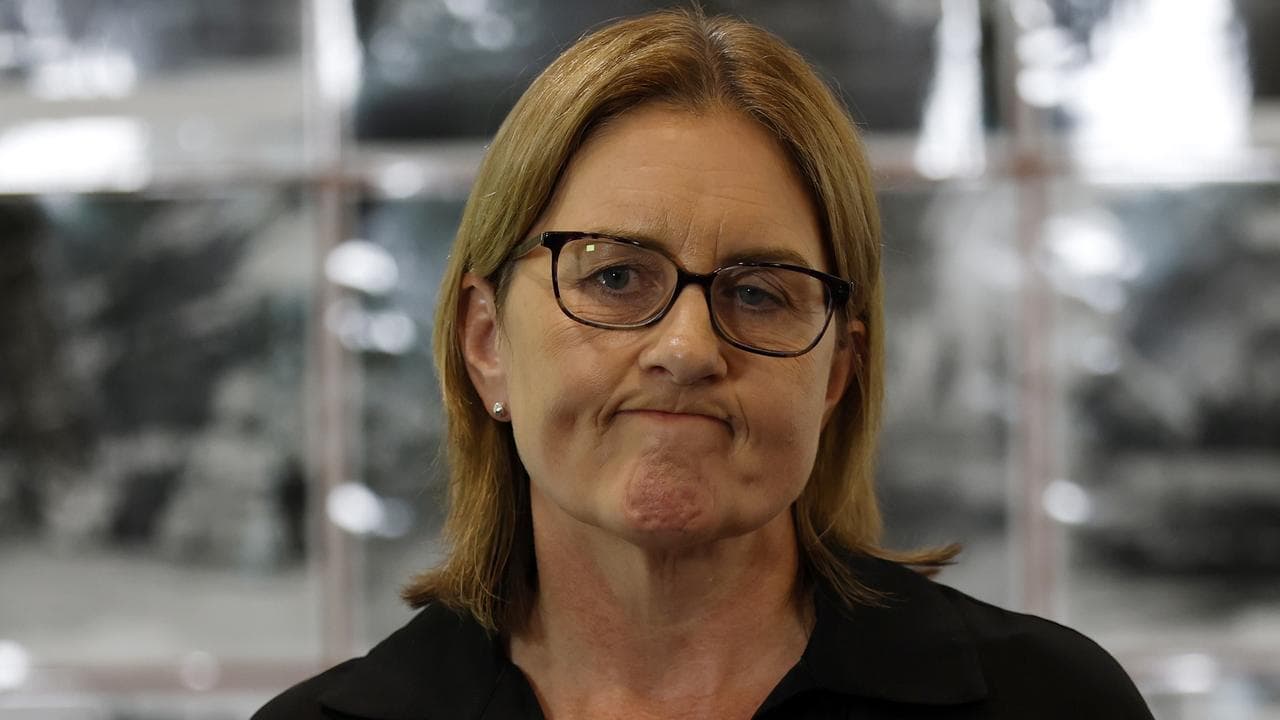Australia's bulk-billing rates have been the topic of heated political debate over the election campaign as both major parties accuse one another of poorly managing healthcare services.
The coalition has repeatedly claimed Medicare has diminished under the Albanese government because bulk-billing rates for GPs have fallen from highs during the COVID-19 pandemic.
"Medicare has only been weakened," opposition health spokeswoman Anne Ruston told the National Press Club in the health leaders' debate on April 23, 2025 (timestamp three minutes 13 seconds).

"Since Labor took office, bulk billing has dropped by 11 per cent."
Peter Dutton has also made the claim, notably in a widely shared social media video.
Prime Minister Anthony Albanese, meanwhile, has repeatedly said bulk-billing rates were in "free-fall" when Labor came to office - a claim AAP FactCheck has previously found to be misleading.

Official Department of Health statistics back up the coalition's claim that bulk-billing rates for GP attendances have fallen from 88 per cent in 2021/22 to 77 per cent in 2023/24.
However, experts told AAP FactCheck the bulk-billing figures don't tell the whole story and the coalition's claims are missing key context about the situation during and after the pandemic.
Importantly, bulk-billing rates rose sharply during COVID because millions of vaccine and telehealth appointments were funded under the federal government's pandemic response.
According to the Australian Institute of Health and Welfare (AIHW), about 19 million assessments of vaccine suitability were bulk-billed in 2021, while health department figures show more than 86.3 million telehealth services were bulk-billed between March 2020 and December 2021.
Francesco Paolucci, a health economist at the University of Newcastle, said investments by governments to deal with COVID pushed up bulk-billing rates, and he found the framing of the argument measuring from COVID to today "a little bit provocative".
"If you are to look at the bulk-billing rate at all, and in isolation, then you would have to look at the very long-term data," Professor Paolucci told AAP FactCheck.
Nathan Kettlewell, a health economist at the University of Technology Sydney, described using bulk-billing rates from this period as a "little misleading" due to the pandemic funding.
Likewise, Bruce Willet, former vice-president of The Royal Australian College of General Practitioners, called the 88 per cent figure the coalition uses "significantly skewed" by COVID in a 2022 Guardian interview.
The coalition has pointed out that bulk-billing rates were also higher than they are now prior to COVID, which the official AIHW data substantiates.
Bulk-billing rates in 2019 were 85 per cent, which is still much higher than in 2023/24.
Importantly, however, bulk-billing rates differ substantially across different parts of the country: AIHW figures show they were as low as 53 per cent in the ACT over 2023 but as high as 83 per cent in NSW.
While the national rate has fallen relative to pre-COVID levels, experts said there are many reasons that aren't directly related to Labor coming to government in 2022.
Dr Kettlewell said elevated inflation rates, which began rising before Labor took office and peaked soon after, are an "obvious" reason bulk-billing rates for GPs have declined.
He said the regular indexation of Medicare Benefits Schedule (MBS) items has generally fallen below the rate of inflation, which makes it less attractive for doctors to bulk bill.
"The costs of running a GP clinic have increased rapidly," Dr Kettlewell told AAP FactCheck.
Peter Breadon, health program director at the Grattan Institute, also pointed to inflation raising GP costs and added that practices saw profits fall during the pandemic as well.

He pointed out that COVID adaptations, such as purchasing personal protective equipment, physical distancing and changes to scheduling, were factors that ate into profits, citing the ANZ-Melbourne Institute's Health Sector Report (page 5).
Additionally, Dr Kettlewell said a six-year freeze in MBS indexation under the coalition has added to the long-term financial pressures on GPs, making it more difficult for them to bulk bill.
The MBS indexation freeze was started by Labor as a temporary measure in 2013 (page 177), but after the coalition won power in 2014 it froze rebates for another six years, up until 2020 (page 108).
This freeze prevented government rebates paid to GPs from increasing in line with inflation, which raised the private cost of running a GP practice over time by billions of dollars, as reported by the Australian Medical Association.
Prof Paolucci said there are longer term issues behind the fall in bulk billing that reflect a lack of structural reform to Medicare over the past three decades from both political parties.
He said the focus on GP bulk-billing rates is misplaced and the statistic in question is just one part of a more complex set of problems facing Australia's healthcare system more broadly.
"It's like looking at a needle in a haystack of problems."
AAP FactCheck is an accredited member of the International Fact-Checking Network. To keep up with our latest fact checks, follow us on Facebook, Instagram, Threads, X, BlueSky, TikTok and YouTube.












